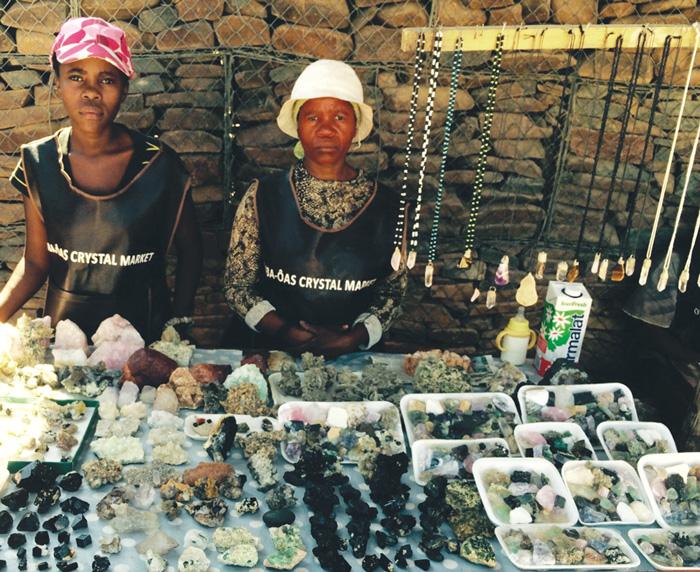
Viability of dairy industry under threat
The long term viability of the local dairy industry is under threat due to lack of legislative protection against cheap foreign products, Namibia Dairies have said.
Namibia Dairies, a subsidiary of the O & L Group announced this week that its flagship !Aimab Superfarm, which produces about 1.3 million litres monthly, and other local producers, are facing viability problems.
The company argues that allowing foreign producers, who don’t conform to the stringent local production requirements, to dump their products in the local market is creating an uneven playing field favouring imports. As a result of the stiff competition, Namibia Dairies says it has already cut back planned milk production at its own milk production unit. If no immediate solution is found, the company will also cut down its 80 million litres intake from local farmers from 01 May.
Namibian laws do not allow the use of modified organisms, hormones, and anti-biotic feed supplements and as a result local producers are faced with higher production costs compared to competitors from countries that allow the use of hormones in milk production.
O & L Group spokesperson, Roux-Che’ Locke said Namibia Dairies and the Dairy Producers Association (DPA) have over the past few months met on numerous occasions to discuss the challenges facing dairy producers in Namibia, and measures that need to be implemented to ensure the long term survival and sustainability of the industry.
She said: “The impact on our !Aimab Superfarm cannot be underestimated due to reduced overhead recovery. As much as we have put measures in place to mitigate this in the short and medium term, it still has a major impact on the overall longer term sustainability of our investment. The impact on other milk producers may be felt in the short term already with some leaving the industry once the quota is reduced in May, but I can unfortunately not give an indication of how many farmers will decide to stop production.”
“We hope that government will introduce appropriate trade measures, such as quota restrictions on imports until such time as the legislation in Namibia has been amended, to ensure a level playing field which does not disadvantage Namibian businesses.”











































